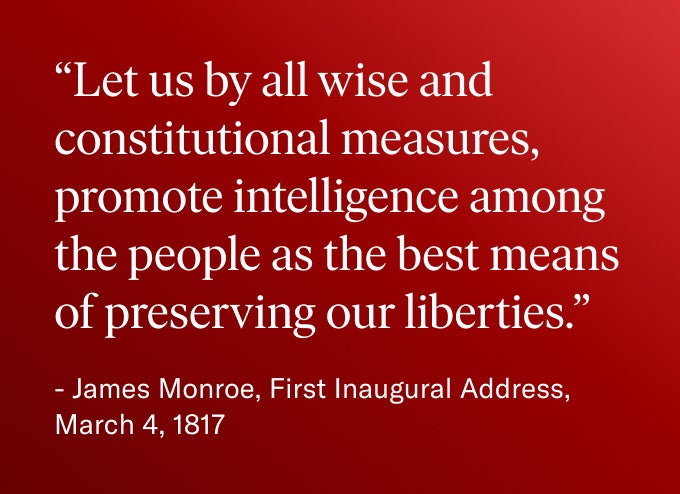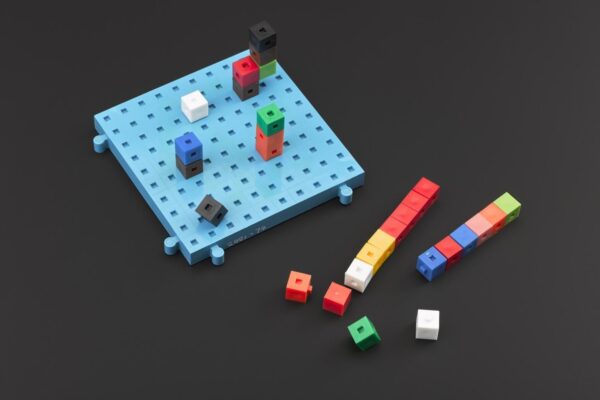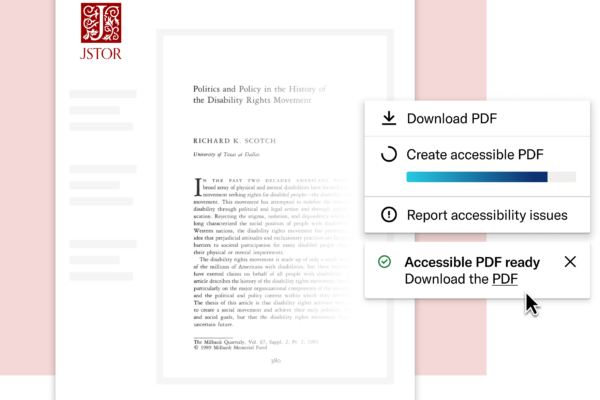
From the Editor:
When this letter arrived from Shane Bell at the Mike Durfee State Prison. I had already finalized the selection process for this series. Yet, his words demanded inclusion and so here we are.
His argument for prison reform cut deep: “South Dakota really doesn’t have any education beyond a person getting a G.E.D. or as we have labeled it, a Good Enough Diploma. … If the purpose of prison is to supposedly rehabilitate prisoners so they can become productive, responsible citizens when they leave prison, then there is a great need to get as much education available to them as possible.”Shane goes on to share, “I will never leave prison,” and concludes, “but at least I can use my education to help those whom will have a second chance.” The current understanding of rehabilitation, purpose, and the transformative power of learning is often tied to release from prison.
Shane calls on us to consider how these same acts of rehabilitation, purpose, and education impacts the community he inhabits now. “Knowledge is power and power is knowledge,” Shane writes, having transformed his sentence into an opportunity for growth and service. He’s excelled in correspondence courses, achieving perfect scores, but his true achievement lies in how he uses this knowledge to help others navigate the prison system.
Shane’s message echoes that of James Monroe, who quotes in his essay: “Let us, by all wise and constitutional measures, promote intelligence among the people as the best means of preserving our liberties.”Promoting intelligence as the foundation of liberty inside prison walls challenges us to reconsider our assumptions about who and how education should be accessed. Access to education is not contained within a classroom; it transcends both inwardly, altering the character of those who have access, and everyone around that individual in a positive ripple.
As you engage with his essay, consider how you, too, can impact the community you currently inhabit.
JSTOR Access in Prison Second Chance essay submission by Shane Bell
The opinions and views expressed in these recordings, art, and posts are those of the authors and do not represent, reflect, or imply endorsement by ITHAKA.
About the author
My name is Shane Bell #10443 and I am in prison doing a life sentence for 2nd degree murder. I have been imprisoned for about 16 years in the South Dakota Department of Corrections. I currently reside at Mike Durfee State Prison, 1412 Wood Street, Springfield SD 57062. I would like my submission published under my name Shane Bell.



